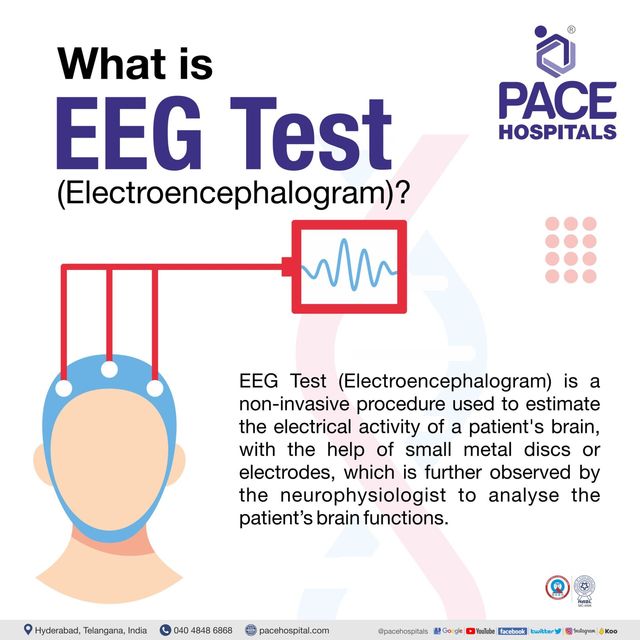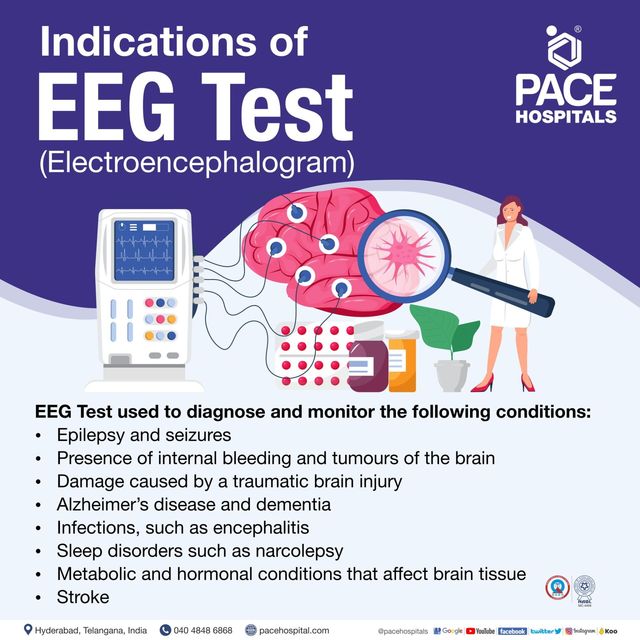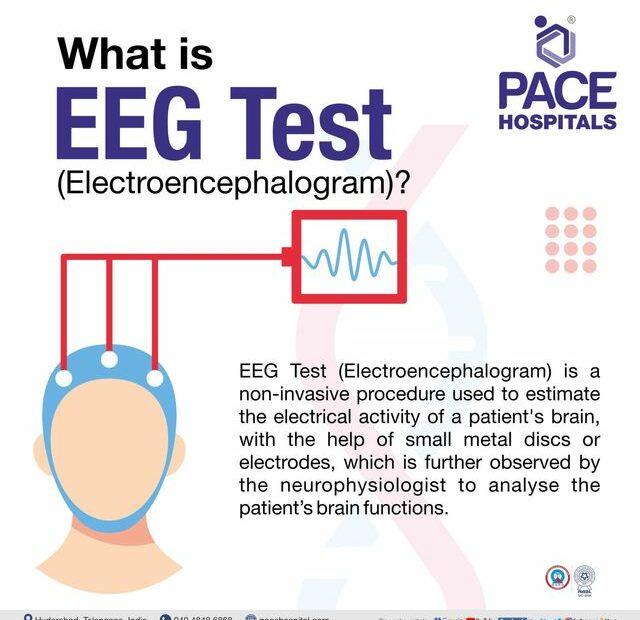Can A Eeg Be Wrong? Unraveling The Accuracy Of Brainwave Tests
Epilepsy With Normal Eeg And Mri Brain?
Keywords searched by users: Can a EEG be wrong can an abnormal eeg be wrong, electroencephalography in epilepsy evaluation, Routine eeg, Epilepsy, normal brain mri but abnormal eeg
Can Eeg Tests Be Wrong?
Can EEG tests sometimes produce unexpected results that do not indicate seizures or epilepsy in certain individuals? Yes, indeed. While EEG tests are commonly used to detect and diagnose seizures and epilepsy, there are instances where individuals may exhibit abnormal EEG findings without experiencing seizures or being diagnosed with epilepsy. These atypical results can arise due to various factors, including underlying medical conditions, visual impairments, or prior brain injuries. In such cases, it’s essential to consider these potential influencing factors when interpreting EEG results to ensure a comprehensive understanding of the individual’s neurological health.
How Often Are Eegs Wrong?
How frequently do EEGs yield false-negative results? It may surprise you that around 50% of EEGs conducted on individuals experiencing seizures yield normal interpretations. This phenomenon might be puzzling, especially when considering that even individuals who have frequent seizures, occurring on a weekly basis, can still have a normal EEG result. The key to understanding this lies in recognizing that an EEG captures a snapshot of brain activity during the specific time of the test. Therefore, it may not always reflect ongoing or intermittent seizure activity that occurs outside of the testing window.
How Accurate Is The Eeg Test?
How reliable is the EEG test in detecting abnormalities and predicting seizure recurrence? When analyzing routine EEG results for abnormalities like focal spikes and generalized spike waves, it’s crucial to consider their impact on the risk of seizure recurrence. Research indicates that the presence of such abnormalities can potentially double the risk of future seizures. However, it’s important to note that the routine EEG test has its limitations. Specifically, when used to detect abnormalities following a First Seizure Unprovoked Status (FSUS), its sensitivity is relatively low at 17%, meaning it may miss certain abnormalities. On the other hand, it demonstrates a higher specificity of 95%, implying that when it does identify an abnormality, it is likely accurate. This information was reported on March 10, 2020, (7) and is essential for understanding the diagnostic capabilities and limitations of EEG testing in the context of seizure management.
Details 12 Can a EEG be wrong



Categories: Found 43 Can A Eeg Be Wrong
See more here: maucongbietthu.com

Learn more about the topic Can a EEG be wrong.
